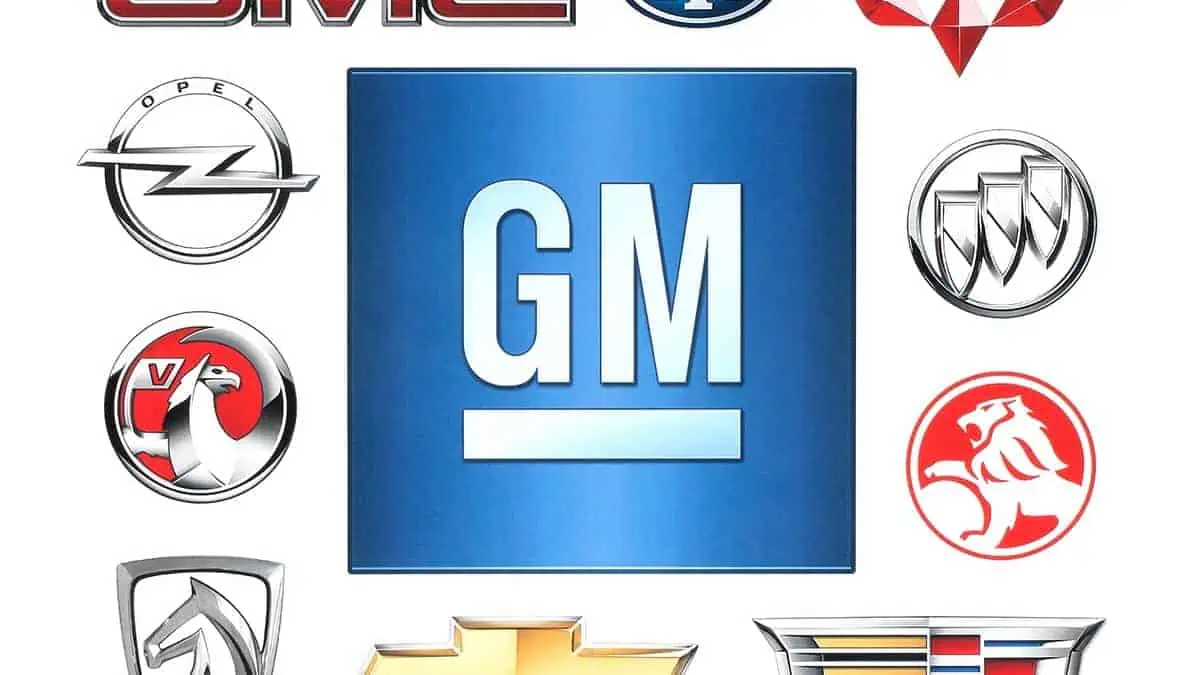Japan’s Honda and America’s General Motors have launched a joint project to develop an FCEV model that will be equipped with the next-gen fuel cell system in 2023 in the US, as per the press release. Honda plans to gradually increase sales of the technology from about 2,000 units in 2025 to 60,000 units annually in 2030 as it aims to expand its hydrogen business.
It is worth noting that Honda also seeks to promote wider adoption of its new system to commercial vehicles, stationary power stations, and construction machinery, not just cars. With the next-generation fuel cell system, Honda seeks to beyond double the durability and lower the cost to threefolds of its fuel cell technologies.
Honda-GM joint venture
As mentioned, Honda and GM will jointly develop the FCEV model packed with a fuel cell stack.
GM General Manager Tetsuya Hasebe told reporters on February 2 that the technology will reduce the fuel cell stack’s cost to a third of what it is now. He further claims that Honda’s fuel cells will be able to compete with diesel engine prices by 2030 while also emphasizing the environmental benefits of FCEVs.
“Compared to electric batteries, fuel cells are efficient in producing energy and so they offer a good emission-free solution.”
GM General Manager Testsuya Hasebe
According to GM’s operating executive, Arata Ichinose, the new fuel cell stack will be manufactured in Ohio before being distributed to other North American and Japanese facilities.
Honda will start selling the new FCEV model co-developed with GM in 2024 in North America and Japan. The automaker will base the new model on its existing CR-V car, which debuted last year in the US. Remarkably, it will also have a plug that enables an EV-like experience in replenishing power.
Honda is indeed aggressively expanding its hydrogen business, unlike most automakers who focus on EV technology. Honda is in a serious effort to boost hydrogen adoption while also strengthening collaboration with diverse businesses throughout the hydrogen value chain. Honda also promised to persistently pursue R&D to expand its hydrogen technologies in space technology.






